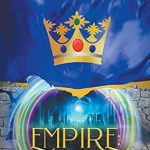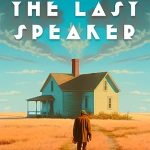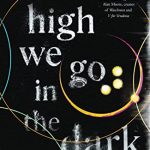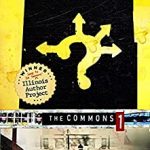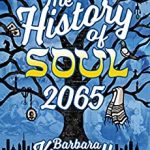A Review of the novel Empire:Spiral – High Fantasy, Meets Alternate Universe, and Existential Horror
Since I enjoy fictional worlds with otherworldly or religious elements and often dip into existential horror, Empire:Spiral is right up my alley. I got a kick out of the inclusion of touch stones of existential horror such as gigantic tentacled demons and the Yellow King. The high fantasy element is relatively dark; however, although many […]

